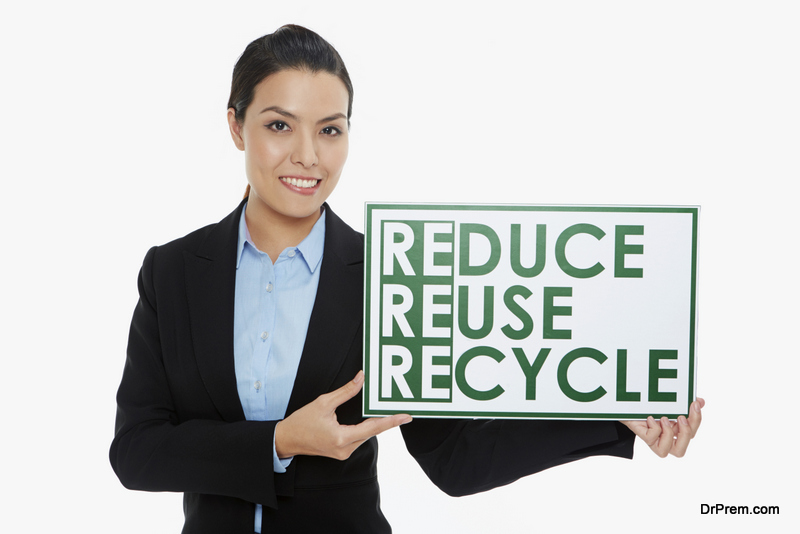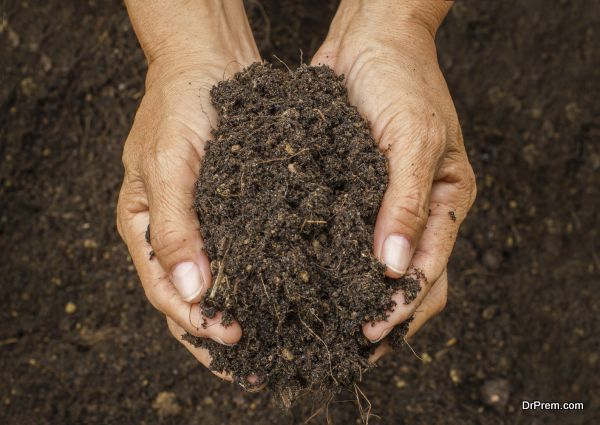Despite public acknowledgment that pollution and improper waste disposal poses a critical threat to earth’s most fragile ecosystems, only 34% of American waste gets recycled. This number is even smaller in most other countries across the globe.
There even remains critical inefficiencies that need to be addressed in recycling supply chains across the globe. Where do we turn?
Surprisingly, municipalities and cities have actually led the charge in creating greener policies for its citizens to follow. From investing in environmentally safe hi vac services to implementing energy conservation laws, major cities, known for major pollution, are actually doing the most to reverse these dire trends.
But the fight to save the environment and clean up our pollution ultimately comes down to the actions of individuals. Just as no law can stop a person from acquiring a drug is he or she wants, no law can truly compel a person to do something he or she doesn’t want to do.
What is the best weapon that we have to fight these dire choices? Education! For this reason, I thought I’d list four simple ways we can all practice environmentally safe waste disposal and clean up our environmental mess.
Recycling
The first and most obvious way to properly dispose of a product is to recycle it. Did you know that aluminum can be recycled endlessly and that most new aluminum cans actually come from previously recycled cans?
Recycling is easy and it’s required by most cities. With modern municipal waste services, it’s actually never been easier to recycle.
The one thing we all need to practice is proper waste separation. Even one small contamination could mean sending your entire recycling bag to the landfill. Be careful and be sure to monitor your recycling habits.
Using Waste as a Fuel Source
Aside from composting, solid waste can even be used as a renewable energy resource. Through anaerobic digestion, your waste can be converted into a fertilizer for farmers and much more. Research whether there are any biofuel plants where you can sell your waste to be converted into energy.
Composting
Composting is a fun and fruitful exercise in botany. You can even derive some free energy from composting. Be sure to understand what kitchen and waste products you can compost and separate them accordingly.
Reuse Materials!
Finally, the best way to cut down on hazardous waste is to…..eliminate waste, reuse and recycle! Instead of purchasing a new watch or phone or anything when it breaks, invest in fixing it or research ways you can do it on your own. Eat more and waste less. It not only is environmentally sustainable, but it’s also cost-effective.
Article Submitted By Community Writer




